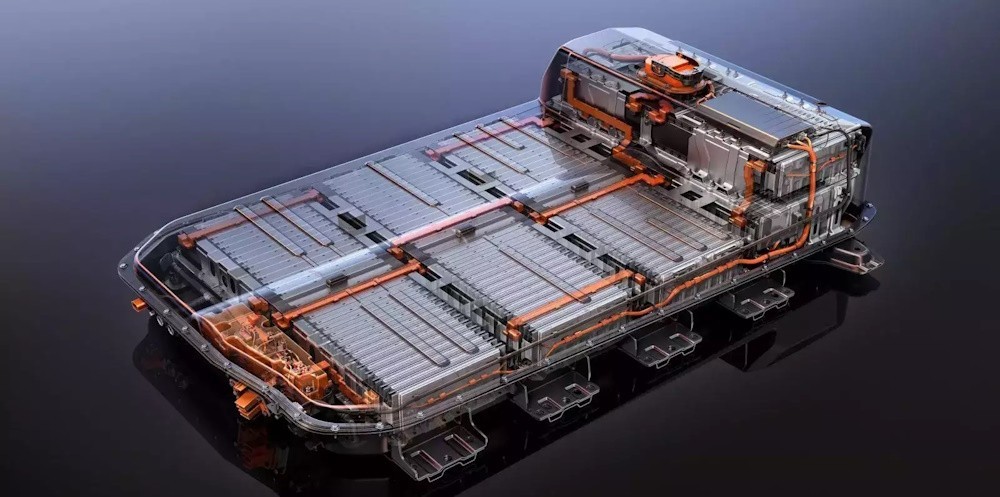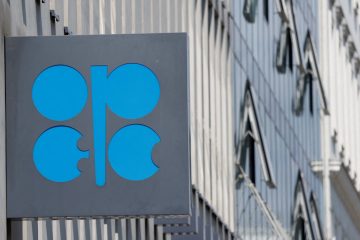Global Battery Race Heats Up With Billions for Europe’s Northvolt

One of the world’s most valuable battery startups is raising $3.4 billion in debt from the European Union and a group of banks including JPMorgan Chase, accelerating a race to build more batteries outside China and take advantage of a tidal wave of clean-energy subsidies.
Europe’s Northvolt plans to use the funding to grow battery production at a factory in northern Sweden for customers such as Volkswagen and BMW. It also plans to expand a recycling facility next door that will convert scrap metal and old batteries into reusable battery materials.
The funding is one of the largest transactions for a clean-energy company in recent years. It highlights a push from investors and policymakers to channel billions of dollars into making batteries that can power electric cars and store energy when the wind isn’t blowing and sun isn’t shining to speed the shift away from fossil fuels.
China controls swaths of the battery supply chain from metals processing to cell assembly, a concern for Western countries that are throwing billions of dollars in tax credits, loans and grants at companies to kick-start their own supply chains. The 2022 U.S. climate law has driven other countries to bolster their own subsidies to attract clean-energy investments.
The European Union’s investment bank has now contributed close to $1 billion toward Northvolt’s Sweden factory, part of its push to establish a homegrown battery company.
“Many countries have recognized that this is a critical infrastructure piece in the green transition,” Peter Carlsson, Northvolt’s chief executive and a former Tesla supply-chain manager, said in an interview.
Northvolt is also refinancing $1.6 billion in debt that it had raised previously. The company is accelerating battery production at its factory near the Arctic Circle in the next few years with the intention of making enough batteries annually to power several hundred thousand cars. One of Northvolt’s selling points is that it runs its factories on renewable power. That has helped fuel some $55 billion in battery orders from big European automakers.
Recycling battery materials back into the supply chain to reduce emissions has also become a hot area of investment. Recycling companies including a startup launched by a former Tesla chief technology officer have attracted billions of dollars in recent years.
Founded in 2016, Northvolt is establishing new battery factories in Germany and Montreal. The European Union recently approved a nearly $1 billion incentive package for the German plant, while the Canadian and Quebec governments are putting about $2 billion into the Montreal project.
The subsidies illustrate how concerns about the world’s reliance on Chinese batteries and the climate law known as the Inflation Reduction Act are driving a global competition for investments from companies such as Northvolt. The U.S. law tied tax credits for electric cars to how much material comes from domestic sources or trading partners.
The climate law also turbocharged a U.S. government clean-energy lending program that is pouring billions of dollars into domestic battery production.
Northvolt’s new funding includes other big banks such as Citigroup and BNP Paribas. The company has now raised about $13 billion in equity and debt, prompting speculation on Wall Street about when it might pursue a public listing.
Carlsson said the company is preparing to go public when market conditions are more attractive but that the new funding shows why Northvolt is in no rush while it scales production.









